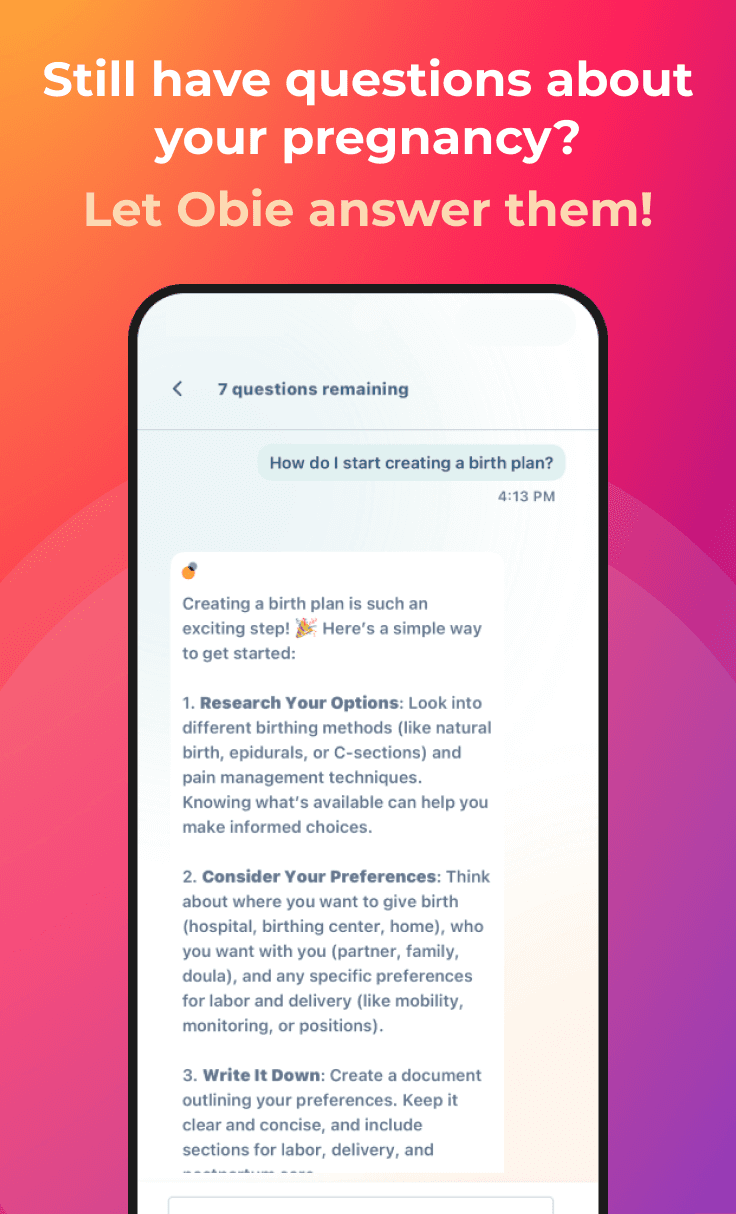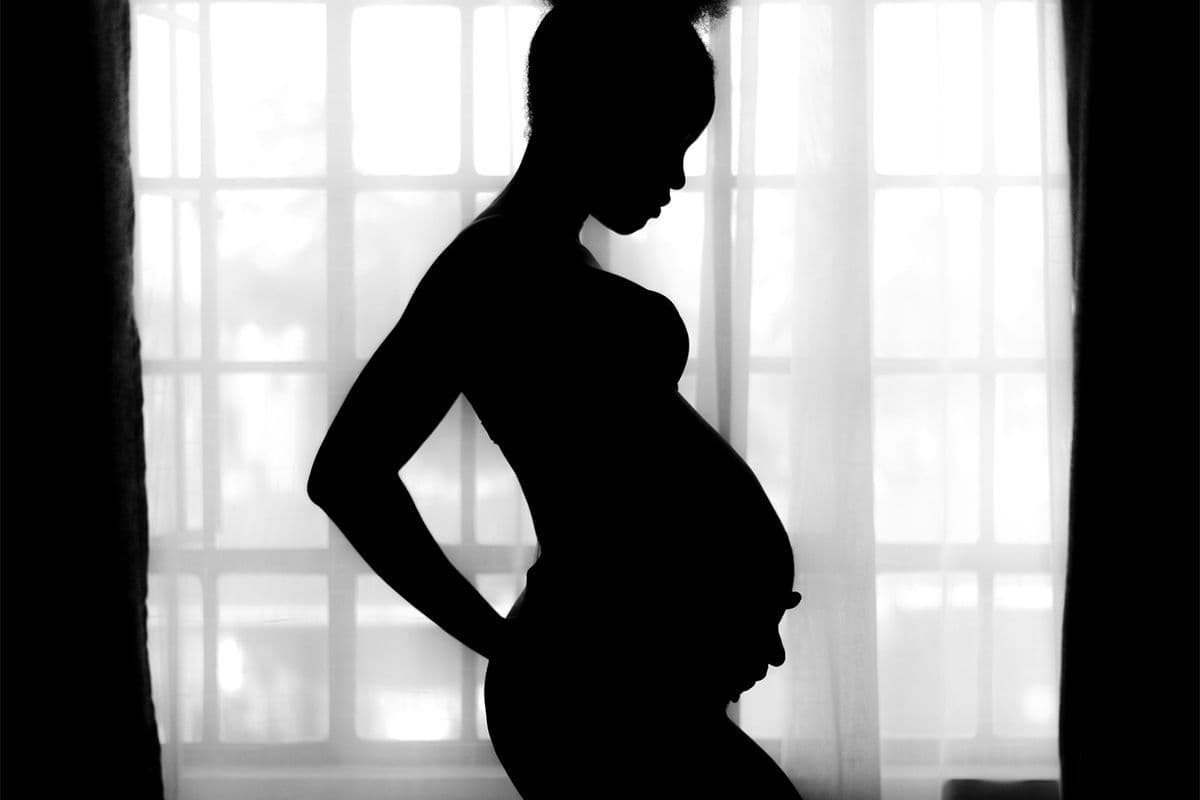Swelling During Pregnancy
Pregnancy
Obie Editorial Team

During the 40-week gestational period of pregnancy, blood volume can increase from 25% to 40% or more. This increase will cause inevitable swelling during pregnancy. This type of swelling is normal, but you must be on alert for excessive swelling. Excessive swelling can signal pregnancy complications and should be watched carefully as a pregnancy progresses.
Swelling during pregnancy
The body understands the need for a cushion as the fetus grows during pregnancy. This cushion manifests as increased fluid in the body. The fluid fills the joints of the body to alleviate pressure from the increased weight of the fetus. The pelvic joints use the swelling during pregnancy to prepare for the expansion needed for the baby to pass through the vaginal canal. Normal fluid retention during pregnancy will account for 25% of the total weight gain.
What causes swelling during pregnancy?
Aside from the normal fluid retention, there are other causes of swelling during pregnancy that can result in too much fluid being retained. These causes include:
- Hot weather. It is important to stay out of the sun for longer than normal during warmer days.
Spending long periods of time standing. The longer you stand without sitting, the more fluid that can retain in the ankles, feet, and legs of the body. This can cause painful swelling during pregnancy. - Long periods of activity without periods of rest. For every hour of activity, the expecting mother needs to rest for at least 15 minutes. During this time of rest, prevent swelling during pregnancy by propping the legs up.
- Lowered potassium levels. Diets low in potassium can cause the body to retain water. If the potassium levels remain low, this water retention can become dangerous and even life-threatening. There are natural sources of potassium that can be safely included in the diet to prevent this swelling during pregnancy from becoming a health concern. Foods high in potassium include avocado, milk, and bananas.
- Increased caffeine consumption. Caffeine has recently been linked to pregnancy complications and should be avoided whenever possible. High levels of caffeine can also cause fluid retention in the body.
When swelling during pregnancy is serious
The most concerning swelling during pregnancy to keep an eye out for is sudden swelling of the hands and/or face. When the hands and face instantly swell, or if you gain weight rapidly, this could be the first symptom of preeclampsia. Preeclampsia is also known as pregnancy-induced hypertension or high blood pressure. Preeclampsia can be life-threatening to both the mother and the unborn fetus. If preeclampsia is diagnosed, the mother is often hospitalized for the duration of the pregnancy. During the hospitalization, the high blood pressure causing the swelling during pregnancy will be treated by the obstetrician. If the treatments do not lower the mother's blood pressure, the baby may be delivered early by C-section.
Read More












